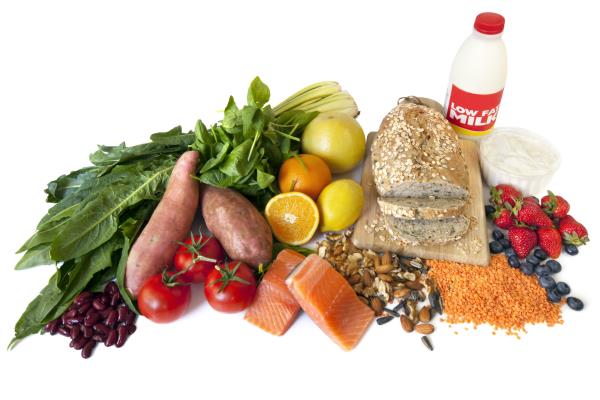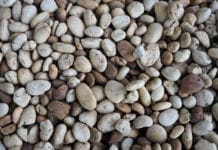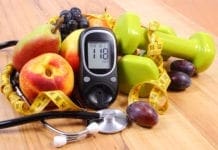There is no need to consume excess food at iftar (the food eaten in the period immediately after sunset to break the fast), dinner, or suhur (the light meal generally eaten about half an hour to one hour before dawn). The reasons for this are two-fold.
First, and most importantly, such a lifestyle contradicts the principal aims and spirit of Ramadan. Over-eating can be seen as a reflection of weak discipline and irresponsibility.
Secondly, the body has regulatory mechanisms that reduce the metabolic rate and ensure efficient utilization of body fat. Furthermore, most people assume a more sedentary lifestyle while fasting. The net result is that a balanced diet, that consists of less than the normal amount of food intake, is sufficient to keep a person healthy and active during the month of Ramadan.
Dates are an excellent source of sugar, fiber, carbohydrates, potassium and magnesium and have been recommended since the days of the Prophet Mohammed (sallAllahu ‘alaihi wa sallam) as a good way of breaking the fast.
Watch What You Eat
Limit the Following Foods:
- Fried foods
- Very spicy foods
- Foods containing too much sugar or refined carbohydrates/fast-digesting foods that last for only 3-4 hours and may be better taken at iftar to restore blood glucose levels rapidly. Fast-burning foods include those that contain sugar and white flour.
- Caffeine-containing beverages
Food You Need to Eat
- Foods rich in fibers such as whole wheat bread, vegetables, fruits, hummus and beans
- Increase fluids intake
- “Complex carbohydrates” or slow digesting foods should be consumed at suhur so that the food lasts longer (about 8 hours) resulting in less hunger during the day. Examples: foods that contain grains and seeds like barley, wheat, oats, millet, semolina, beans, lentils, whole meal flour and unpolished rice.
 To remain healthy during Ramadan, one should consume food from the major food groups: bread and cereal, milk and dairy products, fish, meat and poultry, beans, vegetables and fruits. (Vegetarians and vegans should amend this list as appropriate). Intake of fruits after a meal is strongly suggested.
To remain healthy during Ramadan, one should consume food from the major food groups: bread and cereal, milk and dairy products, fish, meat and poultry, beans, vegetables and fruits. (Vegetarians and vegans should amend this list as appropriate). Intake of fruits after a meal is strongly suggested.
Diet in Ramadan should not differ much from the normal diet and should be as simple as possible. The diet should be such that normal weight is maintained, neither losing nor gaining. However, if one is overweight, Ramadan is an ideal time to try to normalize one’s weight.












